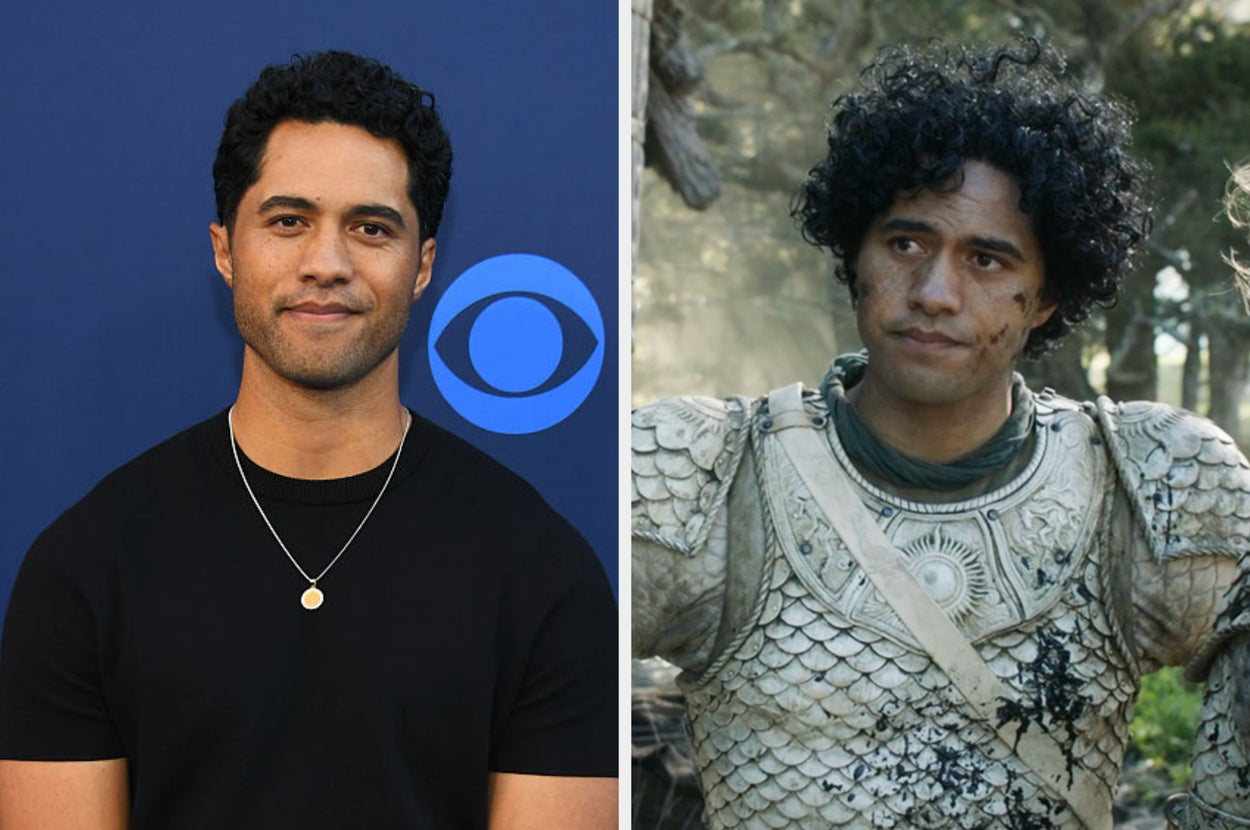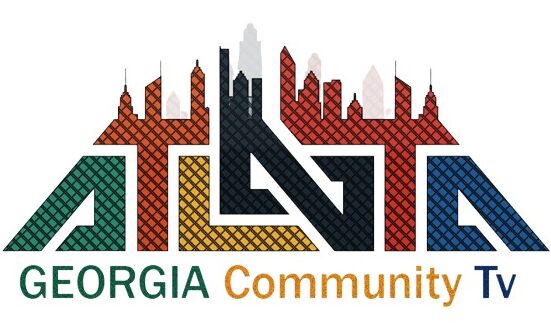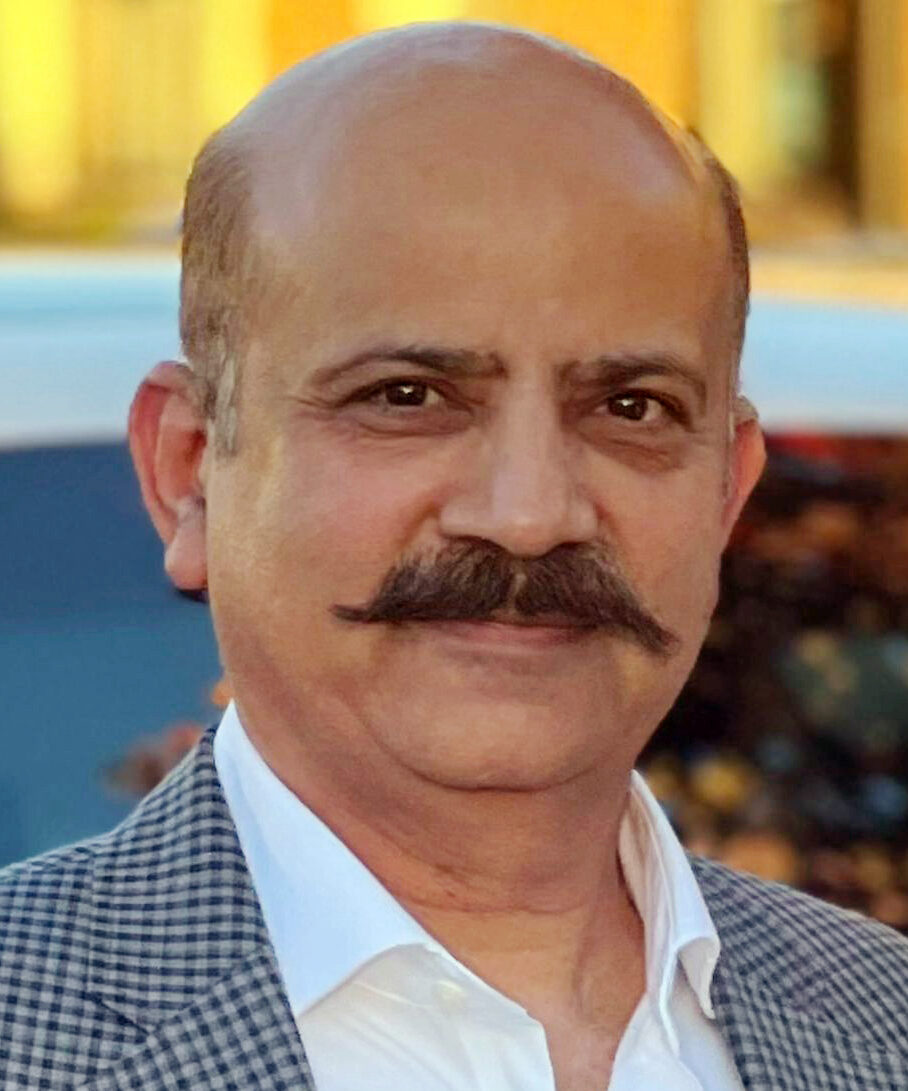“I Never Thought That I Would Be Part Of This World”: Alex Tarrant Shared His Favorite Behind-The-Scenes Memories On “The LOTR: The Rings Of Power”

Warning: Spoilers for The Lord of the Rings: The Rings of Power ahead!
During his high school performance at the iconic Shakespeare’s Globe theatre, Alex Tarrant dreamed of becoming a professional actor. Well, it’s safe to say those dreams came true! He starred in a number of New Zealand shows and films like Shortland Street and Filthy Rich before setting his sights on the US.
In recent years, the Māori, Samoan, and Niuean actor has portrayed Valandil in The Lord of the Rings: The Rings of Power and Kai Holman in NCIS: Hawai’i. I can’t wait to see what he does next!
For BuzzFeed’s Voices of the Pacific series, I sat down with Alex to speak about his career, Pacific Islander representation in the industry, and more. With an infectious laugh and such warm energy, he was a joy to chat with!
Editor’s note: This interview has been edited for length and clarity.
BuzzFeed: As much as I loved the original Lord of the Rings movies, they faced a lot of criticism over their casting — and lack thereof — of Māori actors. So, I was thrilled that the Rings of Power show moved in the right direction this time around. How did it feel stepping into the world of J. R. R. Tolkien and portraying Valandil, especially since filming for Season 1 took place in New Zealand?
Alex Tarrant: I never thought that I would be part of this world, and if I was, I was sure I’d be wearing some prosthetic or a mask of some sort. So when the audition came across my table, I’d done it believing there’s no chance that this is going to happen, so I might as well just go balls to the wall. [Laughs] Is that an expression? So, I gave it a go. They were all pseudo-characters, so I didn’t know who I was going to play. When I got accepted for a role, I didn’t know it was Valandil. As I was going towards my makeup and hair appointments, I assumed that it was all going to be prosthetics, but they had a wig for me, and that was about it. From then on, I realized that this world is going to be very different from the films, and obviously, that’s going to rub some people the wrong way. But to be able to represent a person of color on a fantasy show like that — it’s just mind-boggling and surreal and such an honor.
You really brought Valandil to life and turned him into a fan favorite. But in Season 2, he was killed, and I remember screaming at my TV when that happened! It was such a heartbreaking scene. Would you ever come back for a flashback or dream sequence?
Absolutely. If they can bring me back, that’ll be fantastic. But there were a few clashes along the way with the show that I was on at the time. And so, certain things couldn’t work out. Somebody had to go, and it was me. I think I always knew that Valandil’s out was going to happen, but I also knew there was going to be some sort of epicness to it. I mean, it feels a little bit premature, but nonetheless, so grateful to be there. If I get asked back again, absolutely, I’ll be there.
Do you have a favorite behind-the-scenes memory on the set of Rings of Power?
There’s two. The first one in New Zealand. I do most of my own stunts. So, I loved the prospect of getting to do my own fight scenes and things like that. My first big memory is going into our training facility and learning how to sword fight, and the moment I was holding the sword — I can’t even explain it. From a physical aspect, I was a dancer before an actor, and I think it’s a big part of my success inside the New Zealand industry. So, it was a character that I felt like I could really make the most of and really shine. Just the fact that we were there swinging swords, I was like, “I’m right at home.”
The second part was actually being in costume. We were walking onto the Númenórean set, and they had made a massive ship, the one that we first see all the three best friends on. I remember coming out of the tent and just seeing it there with the blue screens behind it, realizing the scale of what I’ve just stepped into, and feeling a little bit of impostor syndrome because I didn’t know if I could live up to this moment in my career. Those were some pretty special moments for me.
BuzzFeed: Well, you certainly did live up to it! And you spoke about being a dancer before — I didn’t know that! Do you remember the first moment that you realized you wanted to make acting your career?
Yes, I do. I went to two high schools. My first high school, I didn’t do too well. Second high school, I ended up finding theater, and it wasn’t theater that I fell in love with. At first, I fell in love with the community, and that’s what kicked me in theater. And then I entered a high school competition where 20 students from all around New Zealand get the opportunity to travel over to the Globe Theater and perform Shakespeare on stage. It was The Winter’s Tale. And I remember sitting outside of the Globe Theater with my friends, and we were just sitting, watching the water flow past in the Thames, and I remember saying to myself that this is what I want to do for the rest of my life.
You starred alongside Vanessa Lachey in NCIS: Hawai’i as Kai Holman. What connected you to that character?
Do you remember Beulah Koale? He was in Five-0. He’s another New Zealand actor who I have always had big admiration for. I remember he got cast in Hawai‘i Five-0, and I remember saying to myself, “I promise I’m next.” And so three years go past, and NCIS comes on the table, and I remember reading the character description and just saying straight away to myself, “This is mine.” And within four days, I ended up booking the role. A few complications. So I had it, and then it fell through my hands, and then I had it again. It fell through my hands. But eventually, we come over here to Hawai‘i, and so grateful to be here. And I’m still in Hawai’i, by the way. We absolutely love it here.
BuzzFeed: From living in New Zealand to now Hawai’i, what do you think the differences are as a Pacific Islander?
That’s a good question. It’s interesting — I had a little bit of an ignorance accepting the role of Kai Holman. Because in New Zealand, we have this almost unsaid saying that if one of us wins, we all win. I come over here, and I realize that Hawai’i, it’s not that it’s different… In New Zealand, we have our own domestic industry. We get to practice; we have a place to belong inside our own industry. Over here in Hawai’i, that’s missing. If you’re a Hawaiian actor, you’re straight into the international scene. In New Zealand, we get a place to be able to learn and grow and fall down and get back up and try things, so that we have the ability to feel confident to step out into the international scene. So I think coming over, I realize how much of a disadvantage our Polynesian brothers and sisters are [at]. With that being said, I — myself and my beautiful wife — we have been a part of an acting non-profit program called ICAN, and we’re helping kind of even the playing field and upskill these actors. Because it’s not for a lack of talent, it’s just giving them a platform to be able to be seen.
From Vegas to the iconic Shortland Street, you’ve been in many New Zealand shows and films. While Pacific Islander representation in the US is slowly but surely increasing, we’re not quite at New Zealand’s level yet, like you mentioned. What steps do we need to take to get there, and what do you hope to see in the coming years?
My big dream is to be able to tell a story of a character without having to justify where he comes from. But in order to be able to do that, I think the step before is sharing our stories. So in New Zealand, we have the ability to share our stories to the wider New Zealand, and then those shows can seep out into international territory, and they can understand a little bit more about who we are and where we come from and what we experience. Over here in Hawai’i, I can see the day where they have their own domestic industry, where they have a school to be able to upskill local actors and crew and put them into an industry that is domestic for Hawai’i, and through that, give them the confidence to be able to make sure they know that they can share their gifts with the world.
When we were talking about NCIS earlier, you spoke about essentially manifesting that role for yourself. So I’m curious, what would you like to manifest next?
So many! [Laughs] Telling Polynesian stories. There’s so many people I look up to, so many Polynesian heroes, sportsmen. I would love to see films of Troy Polamalu, Jesse Sapolu, Tony Finau, Tua Tagovailoa. I’d love to be able to help share their stories in some way, shape, or form. But I’m gunning for Boba Fett [from the Star Wars universe]. A young Boba Fett — I would love the opportunity for that.
Which Pacific Islander actors inspired you most on your journey?
Temuera Morrison, Cliff Curtis, Taika Waititi, Rena Owen. The Magasiva brothers, Pua and Robbie. Those are the main ones, especially growing up. And growing up, I never knew that this was a viable career path for me, but the moment that I made the decision, it just clicked that there’s already people out there, I can just follow their path, and so I’m very grateful for them.
For Pacific Islanders, there are so many aspects of our cultures that we hold close to our hearts, from our foods to our dances to our tattoos. What’s your favorite part of your culture?
That’s a tough question. I am three ethnicities. I am Māori, Samoan, and Niuean. With that being said, I love the mixture I can feel within myself. There’s certain abilities that I know I get from each culture. But what I love the most about my culture is the sense of a strong community. And I mean it when I say: if one of us succeeds, I’m so proud of them.
Coming from New Zealand, it’s interesting because I keep on coming back to this idea of when one of us wins, we all win. We’re very much shoulder to shoulder, hand to hand, moving forward in this big idea of the film and television industry. The end of Moana 2 really struck us, just the idea of all of these islands coming together. We have a beautiful, amazing friend/mentor who says we’re not divided by land; we’re connected by water.
Do you have a favorite Pacific Islander food?
Oh, man. For food, I love palusami [coconut cream wrapped in taro leaves]. And if it’s dessert — I don’t even know if I can call it dessert — but panipopo [coconut buns].
You’ve previously spoken about learning the Māori language with your son, which I found very moving. I’m Samoan, and though my mom speaks the language, she didn’t pass it down to me so I’m trying to learn on my own. Are you still learning, and how important is it to you that your son connects with your Māori, Samoan, and Niuean cultures?
It’s extremely important, especially because we’re so far away from New Zealand. We have the ability to be able to learn about the Hawaiian culture. But the more I learn about the Hawaiian culture, the more I realize how out of touch I am with my own, and so it’s interesting having three ethnicities, my ancestors coming from three different places. I feel a connection to all, but I’m right in the middle, and I don’t know which one to pursue first. But Māori has always been something that we’ve spoken in our household as much as we can, and it’s so important for my son to be able to understand his culture, where he comes from, and, most importantly, the language.
BuzzFeed: I love that you’re speaking Māori at home, which makes sense because you’re from New Zealand. Have you ever gone to visit your other islands, Samoa and Niue?
I would love to be able to go one day. My mother has never gone there as well, and I think she’s resigned to the idea that she will never make it to her home island. So, there will come a time where I will surprise her. I can’t wait to be able to do that.
Your portrayal of Leo in the Canadian-New Zealand film Night Raiders earned you a Vancouver Film Critics Circle nomination for Best Supporting Actor in a Canadian Film. What did that recognition mean to you?
I didn’t know that!
Alex’s wife and actor Luci Hare, off-screen: Yes, you did!
Really?!
Luci: You knew that!
I don’t know. Wow. No, I feel like I would have at least patted myself on the back if I knew that.
BuzzFeed: [Laughs] Well, I was going to ask what the recognition the meant to you.
You can experience it right now! [Laughs] What an honor to be able to share the screen with our cousins, First Nation. We are so similar. It was like I was hanging out with my cousins when I was on set. It was one of the best, most fulfilling experiences, one of my first times being over in international territory. So to hear that, whoa, such an honor.
If you could work with any Pacific Islander, who would it be?
I have always had a massive admiration for Cliff Curtis and his skill and his ability, his instinct, his intuition when it comes to character choices. And his experience — he’s been a part of Hollywood, and I think it’s very hard to be able to break into that circle. So definitely Cliff Curtis.
What advice do you have for young Pacific Islander creatives?
I truly believe that authenticity is key, and we have very, very unique experiences, and it’s something that gives us the ability to set us apart from other actors within this industry. So keep chasing your own uniqueness and authenticity.
Finally, what does being Pacific Islander mean to you?
Woah, it’s a very good question. Unity, connection, water, community. That’s such a big one to answer. I’m going to ponder that probably for the rest of the day.







